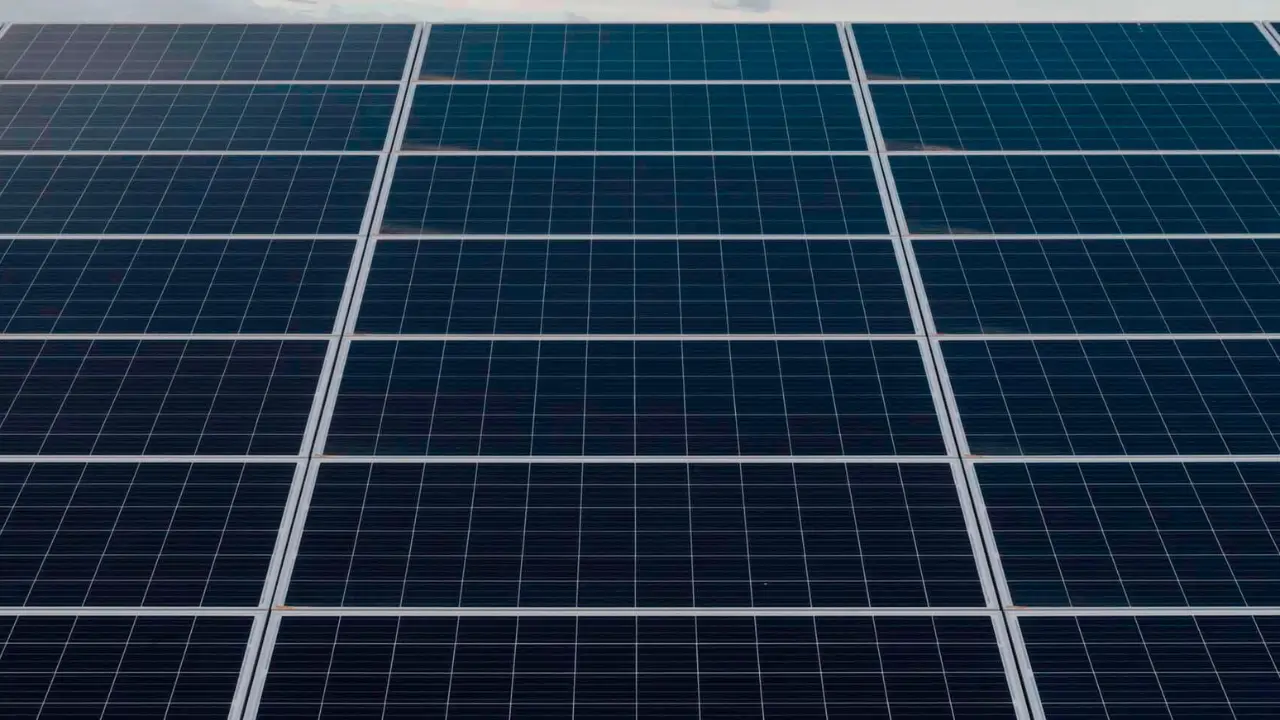Govt to Increase Electricity Price for Net Metering Users
Introduction
The government is set to introduce a significant revision in the electricity pricing structure, specifically targeting net metering users.
This decision has sparked debate among renewable energy advocates and consumers who rely on solar power to reduce their electricity bills.
You Can Also Read: Tariff Plan for Rooftop Solar Panel Users Shared with IMF
Understanding Net Metering
Net metering is a billing system that allows consumers who generate their own electricity—typically through solar panels to send excess power back to the national grid.
In return, they receive credits on their electricity bills, effectively reducing their overall energy costs. This system has encouraged a surge in rooftop solar installations, promoting renewable energy adoption across the country.
Why is the Government Increasing Prices?
The government cites multiple reasons for revising the electricity tariff for net metering users:
- Revenue Deficit for Power Companies: Distribution companies claim that the rising number of net metering consumers is impacting their revenue, as these users contribute less to grid maintenance costs.
- Grid Sustainability Issues: The influx of solar energy into the national grid is creating technical challenges in managing supply and demand fluctuations.
- Regulatory Adjustments: Officials argue that net metering users should pay a fair share for grid services, as they still rely on the infrastructure during non-sunny hours or peak demand periods.
You Can Also Read: Osaka Battery Price In Pakistan Today
Impact on Solar Consumers
If the new tariff structure is implemented, net metering users could face:
- Reduced Compensation Rates: The government may lower the price at which excess electricity is bought from solar users, decreasing their savings.
- Higher Fixed Charges: Consumers may have to pay additional grid maintenance fees, even if they generate most of their electricity independently.
- Slower Return on Investment: The payback period for solar panel installations could increase, discouraging new solar energy adopters.
Public and Industry Reactions
The proposed price hike has led to mixed reactions:
- Renewable energy advocates argue that discouraging solar adoption contradicts the country’s commitments to clean energy and climate goals.
- Power companies support the revision, claiming it will ensure a balanced and sustainable energy sector.
- Consumers worry that increased costs may deter future investments in solar energy and make electricity more expensive.
Possible Solutions and Future Outlook
To balance grid stability and renewable energy growth, experts suggest:
- Gradual Policy Adjustments: Implementing pricing changes in phases to minimize the financial burden on solar users.
- Hybrid Incentives: Introducing incentives such as battery storage subsidies to reduce reliance on the grid.
- Grid Modernization: Investing in smart grid technologies to accommodate higher levels of renewable energy without destabilizing the system.
As the government finalizes its decision, stakeholders from all sectors continue to engage in discussions to find a fair solution. While grid sustainability is crucial, maintaining incentives for solar energy adoption remains essential for a greener and energy-independent future.
You Can Also Read: 150 watt solar panel price in Pakistan 2024
Conclusion
The government’s decision to increase electricity prices for net metering users has sparked controversy, with concerns about its impact on solar adoption and energy costs. While power companies advocate for fairness in grid maintenance contributions, renewable energy supporters emphasize the need for policies that continue to encourage solar investment.
As discussions continue, finding a balanced approach remains crucial to ensuring both grid sustainability and the growth of clean energy solutions.
FAQs
1. Why is the government increasing electricity prices for net metering users?
The government aims to address revenue deficits for power companies, maintain grid stability, and ensure that net metering users contribute fairly to infrastructure costs.
2. How will the new pricing structure affect solar consumers?
Solar consumers may face lower compensation for excess electricity, higher fixed charges, and a longer return on investment for their solar panel installations.
3. Will net metering still be beneficial despite the price hike?
While net metering may become less financially attractive, solar power can still reduce electricity bills and provide energy independence.
4. What are some possible solutions to this issue?
Experts suggest gradual policy adjustments, hybrid incentives like battery storage subsidies, and modernizing the grid to accommodate more renewable energy.
5. When will the new electricity pricing changes take effect?
The government has yet to announce a final implementation date, but discussions are ongoing among stakeholders.






